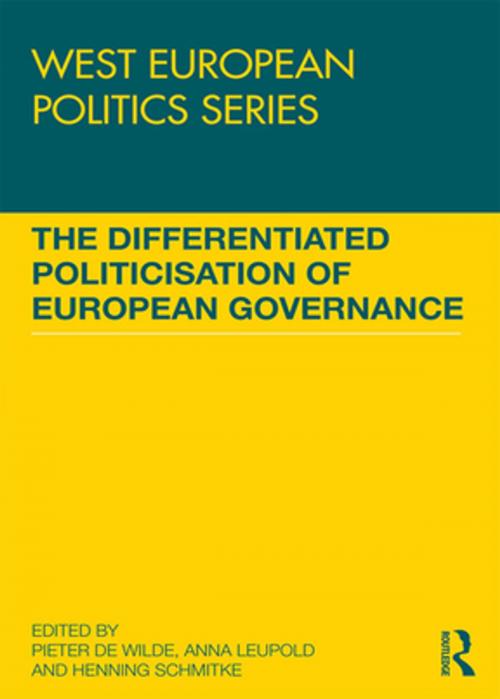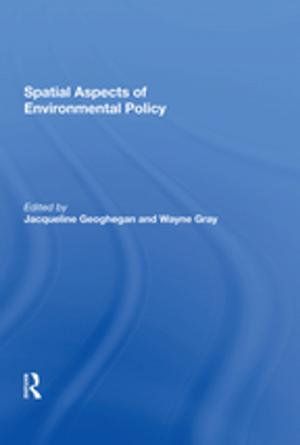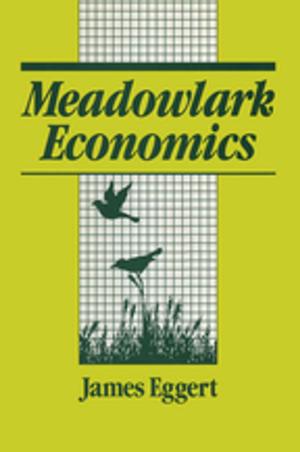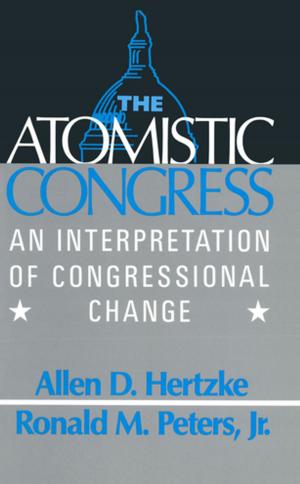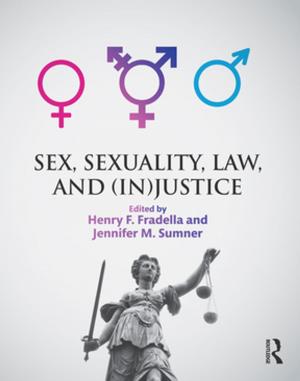The Differentiated Politicisation of European Governance
Nonfiction, Social & Cultural Studies, Political Science, Government, Civics, Democracy| Author: | ISBN: | 9781315526874 | |
| Publisher: | Taylor and Francis | Publication: | February 5, 2018 |
| Imprint: | Routledge | Language: | English |
| Author: | |
| ISBN: | 9781315526874 |
| Publisher: | Taylor and Francis |
| Publication: | February 5, 2018 |
| Imprint: | Routledge |
| Language: | English |
This book on the differentiated politicisation of European governance provides an overview of research on the growing salience of EU governance, polarisation of opinion and expansion of actors and audiences engaged in monitoring and influencing EU affairs in the national context. The contributors empirically map the diversity of these three core components of politicisation across countries, time and arenas. The chapters develop novel insights into the causes and consequence of this differentiated politicisation of European governance. Going beyond the current literature, the contributions disaggregate and examine politicisation processes among different sets of actors and on different objects using quantitative and qualitative methods leading to a differentiated picture of politicisation patterns across EU-member states and non-member states, such as Switzerland. They highlight the explanatory power of intermediating factors, like the institutional surrounding and country-specific economic and cultural conditions in addition to the transfer of political authority to the EU as the main driver of politicisation. This book was previously published as a special issue of West European Politics.
This book on the differentiated politicisation of European governance provides an overview of research on the growing salience of EU governance, polarisation of opinion and expansion of actors and audiences engaged in monitoring and influencing EU affairs in the national context. The contributors empirically map the diversity of these three core components of politicisation across countries, time and arenas. The chapters develop novel insights into the causes and consequence of this differentiated politicisation of European governance. Going beyond the current literature, the contributions disaggregate and examine politicisation processes among different sets of actors and on different objects using quantitative and qualitative methods leading to a differentiated picture of politicisation patterns across EU-member states and non-member states, such as Switzerland. They highlight the explanatory power of intermediating factors, like the institutional surrounding and country-specific economic and cultural conditions in addition to the transfer of political authority to the EU as the main driver of politicisation. This book was previously published as a special issue of West European Politics.
